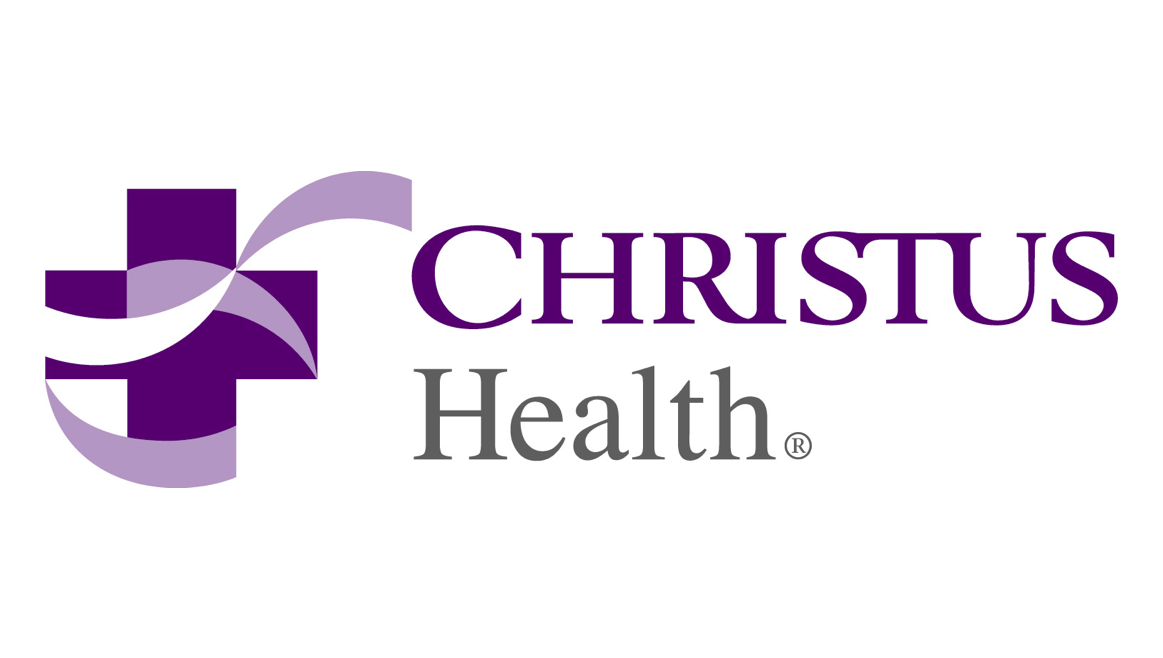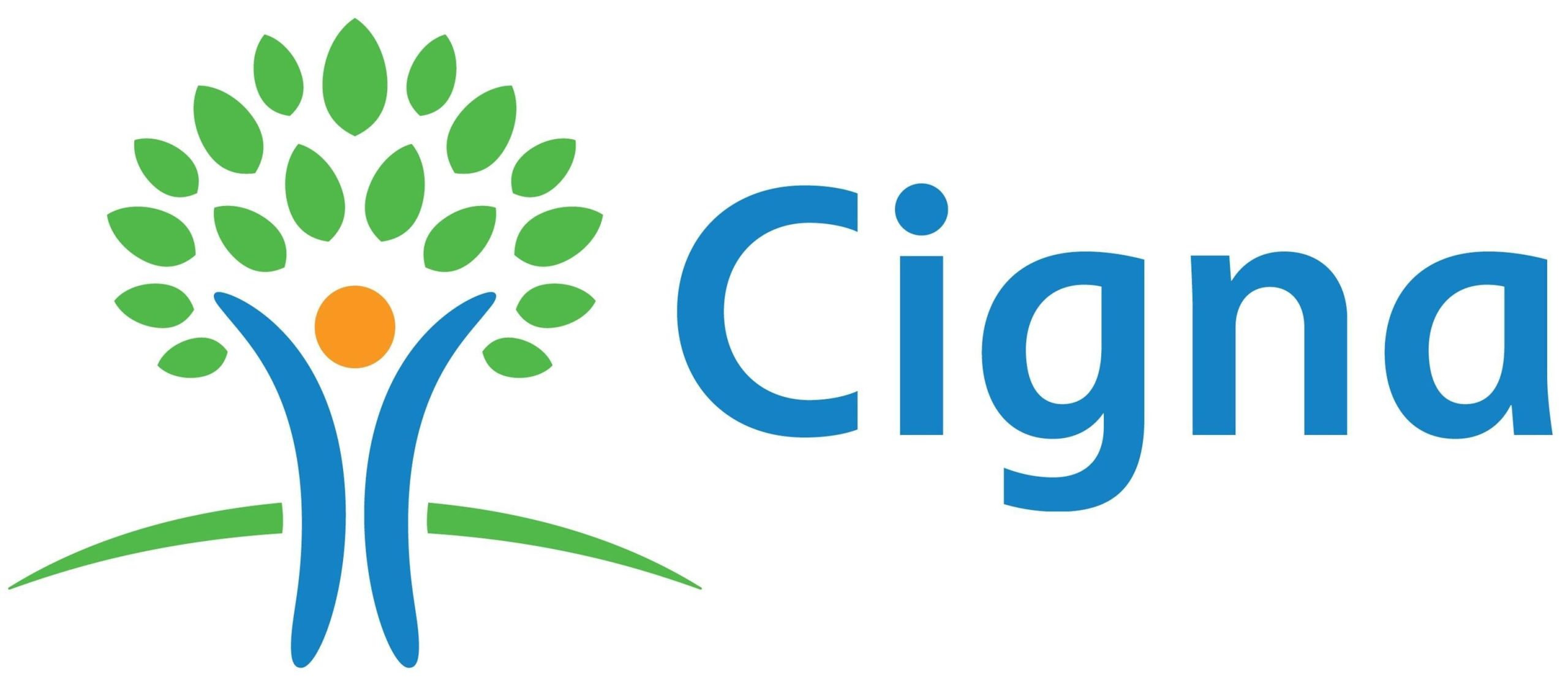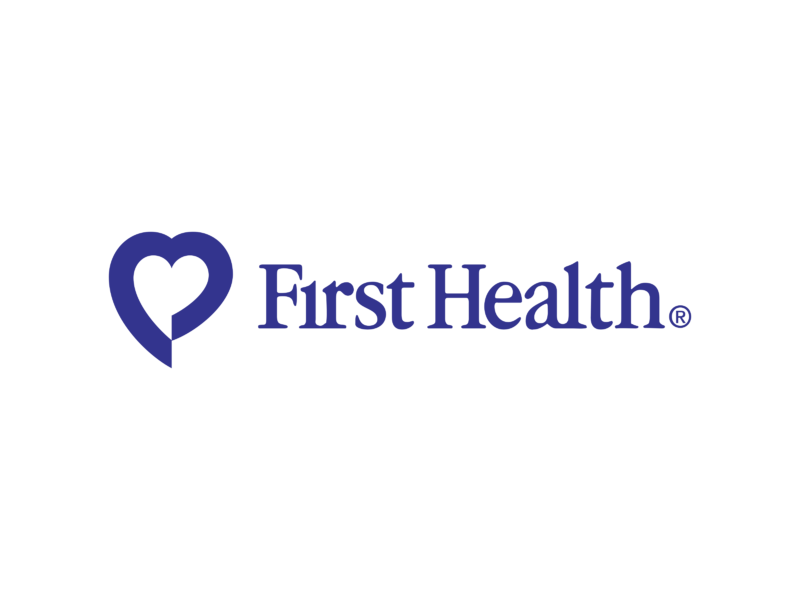Understanding RO DBT
An Overview of RO DBT
Radically Open Dialectical Behavior Therapy (RO DBT) is a specialized form of therapy designed to target disorders of overcontrol (OC), such as refractory depression, anorexia nervosa, and obsessive-compulsive personality disorder. Unlike traditional DBT, which often focuses on impulsivity and emotional dysregulation, RO DBT hones in on the rigidity and excessive self-control that characterize overcontrol disorders. The therapy aims to promote radical openness, enhancing an individual’s ability to adapt, connect socially, and respond flexibly to stressors.
| Condition | Focus of Treatment |
|---|---|
| Refractory Depression | Reducing excessive inhibition |
| Anorexia Nervosa | Enhancing social signaling skills |
| Obsessive-Compulsive Personality Disorder | Increasing emotional flexibility |
Key Principles of RO DBT
- Radical Openness: This core principle emphasizes the importance of being open to new experiences, uncertain outcomes, and personal unknowns. Active engagement with radical openness can lead to stronger social bonds and better emotional well-being.
- Social Signaling Skills: RO DBT highlights the communicative function of emotional expression as vital for forming and maintaining close relationships. Social signaling helps in reducing the sense of isolation often felt by individuals with overcontrol disorders.
- Flexibility and Adaptability: Maladaptive overcontrol is marked by rigidity and inflexibility. RO DBT seeks to alleviate these traits by promoting psychological flexibility and better adaptability to changing environments and stressors.
- Heightened Threat Sensitivity: Individuals with overcontrol are often overly sensitive to perceived threats. RO DBT aims to reduce this heightened threat sensitivity to foster a more balanced emotional landscape.
| Deficits in Overcontrol | RO DBT Focus |
|---|---|
| Underdeveloped Social Signaling | Enhance social communication skills |
| Excessive Inhibition | Increase adaptability and openness |
| Heightened Threat Sensitivity | Reduce perceived threats |
| Diminished Flexibility | Promote flexible responding |
By addressing these aspects, Radically Open Dialectical Behavior Therapy not only focuses on individual psychological flexibility but also aims to enhance one’s ability to form meaningful connections, thereby contributing to a more holistic approach to emotional well-being.
For more about how RO DBT can address these symptoms, see our sections on depression treatment and anxiety disorder treatment.
The Bright Path Program is designed to offer comprehensive mental health and substance abuse treatment, tailored to meet the needs of individuals seeking effective and compassionate care. For further information, explore our intensive out-patient program and other mental health services.
Benefits of RO DBT
Radically Open Dialectical Behavior Therapy (RO DBT) offers significant benefits for individuals with mental health and substance abuse issues, especially those dealing with disorders characterized by excessive self-control.
Efficacy of RO DBT
The evidence supporting the efficacy of RO DBT is robust and continually growing. Studies have shown that RO DBT is highly effective in treating chronic forms of depression, with recovery rates reported as high as 71%. Additionally, therapy has proven successful for severely underweight adults with anorexia nervosa, leading to significant increases in body mass index, low treatment dropout rates, and improvements in eating disorder-related psychopathology.
To better understand the efficacy of RO DBT, let’s look at some numerical data:
| Condition | Recovery Rate |
|---|---|
| Chronic Depression | 71% |
| Anorexia Nervosa | Significant BMI Increase |
Conditions Treated by RO DBT
Radically Open Dialectical Behavior Therapy is designed to target disorders characterized by excessive self-control, often referred to as overcontrol (OC). Key conditions treated by RO DBT include:
Chronic Depression: RO DBT has been effective in treating chronic forms of depression where other treatments may have failed. It targets the underlying issues of overcontrol that contribute to persistent depressive symptoms.
Anorexia Nervosa: Therapy has shown remarkable results in treating severely underweight adults with anorexia nervosa. This includes significant improvements in eating disorder-related psychopathology and body mass index.
Obsessive-Compulsive Personality Disorder (OCPD): RO DBT is particularly beneficial for individuals dealing with obsessive-compulsive personality disorder. It helps address perfectionism, excessive caution, and difficulty connecting with others.
Anxiety Disorders: For certain anxiety disorders characterized by maladaptive overcontrolled coping, RO DBT provides significant relief by modifying social signaling and promoting openness in interactions (NCBI).
To see more conditions treated by different therapies, visit our articles on depression treatment, anxiety disorder treatment, and obsessive-compulsive disorder treatment.
The overall aim of RO DBT is to increase social connectedness by encouraging emotional openness and authenticity in social interactions. This is achieved through weekly individual therapy and skills classes focused on enhancing individuals’ ability to form and maintain social bonds.
By treating conditions characterized by overcontrol, Radically Open Dialectical Behavior Therapy offers a unique approach in the landscape of mental health treatments. Consider exploring our day programming and partial hospitalization program as structured paths to incorporate RO DBT into your mental health regimen.
Core Components of RO DBT
Social Signaling Skills
In radically open dialectical behavior therapy (RO DBT), social signaling skills are crucial for addressing maladaptive overcontrol. Overcontrol is linked to underdeveloped social signaling skills, excessive inhibition, heightened threat sensitivity, and diminished flexibility. RO DBT targets indirect, hidden, and constrained social signaling as the main source of emotional loneliness, isolation, and misery over problematic internal experiences.
One of the unique aspects of radically open dialectical behavior therapy is the emphasis on open and effective social signaling as a mechanism of change. By improving these skills, individuals learn to express their emotions openly, fostering trust and increasing social connectedness. This process involves recognizing and modifying behaviors that convey inappropriate cues, thereby improving relationships and enhancing emotional well-being.
| Core Deficits in Overcontrol | Description |
|---|---|
| Underdeveloped Social Signaling Skills | Difficulty in expressing emotions and intentions clearly |
| Excessive Inhibition | Over-restriction of behaviors and emotions |
| Heightened Threat Sensitivity | Increased perception of threats in social interactions |
| Diminished Flexibility | Difficulty adapting to new or changing situations |
Emotional Expression in RO DBT
Emotional expression is another core component of radically open dialectical behavior therapy, as it is designed to cultivate openness, flexibility, and social connectedness. RO DBT encourages individuals to express their emotions and vulnerabilities freely, promoting healthier relationships and greater emotional resilience.
In the context of RO DBT, emotional expression is about more than just sharing feelings. It’s about being radically open, which involves being willing to experience and communicate one’s true emotional state while maintaining authenticity and building trust with others. This approach helps break down barriers of emotional loneliness and isolation, which are often seen in individuals with overcontrolled tendencies.
| Key Aspects | Description |
|---|---|
| Openness | Willingness to experience and express emotions fully |
| Flexibility | Adapting emotional responses to various situations |
| Vulnerability | Showing one’s true emotions to build trust and connection |
Practicing emotional expression within RO DBT involves various techniques that aid in breaking down emotional walls and promoting a more open and connected life. For more information on treating mental health issues like depression, anxiety, and personality disorders, check out our related articles.
Explore the various programs at our center, such as our intensive out-patient program and partial hospitalization program, that integrate RO DBT principles for comprehensive mental health care.
The RO DBT Program
Structure of the RO DBT Program
Radically Open Dialectical Behavior Therapy (RO DBT) is designed to address mental health issues by promoting openness and flexibility. The structure of the RO DBT program aims at fostering social connectedness and enhancing emotional expression. The program generally consists of four components, typically delivered over a span of approximately 30 weeks:
- Weekly Individual Therapy: In these sessions, individuals meet one-on-one with their therapist to address specific issues and tailor the therapy to their unique needs.
- Optional Telephone Consultation: Available for individuals needing additional support between sessions.
- Therapist Consultation Meetings: Therapists participate in these meetings to ensure they are providing the most effective treatment possible.
Duration and Components of the RO DBT Program
The RO DBT program is thorough and extensive, designed to span over a period of roughly 30 weeks, with the possibility of extending based on individual progress and needs. The following table provides a snapshot of the primary components of the RO DBT program:
| Component | Duration | Frequency | Details |
|---|---|---|---|
| Individual Therapy | 1 hour | Weekly | Customized one-on-one sessions |
| Telephone Consultation | As needed | Optional | Additional support between sessions |
| Therapist Consultation | Varies | Optional | Ensures effective treatment |
Radically Open Dialectical Behavior Therapy emphasizes the importance of targeting social signaling as a primary mechanism of change. By teaching individuals with an overcontrolled coping style how to modify their social signaling, the therapy aims to foster social connectedness and improve psychological well-being.
For those interested in exploring other treatment options, we offer a variety of related services including cognitive behavioral therapy, depression treatment, and drug addiction treatment. Additionally, our intensive out-patient program, day programming, and partial hospitalization program provide comprehensive support tailored to individual needs.
The structured format and extensive duration of the RO DBT program ensure a holistic approach to mental health, targeting key areas like social signaling and emotional expression to bring about significant personal transformation.
For more tips and information on how to access RO DBT treatment or tailor it to individual needs, please see our section on practical considerations.
Personal Transformation with RO DBT
Radically Open Dialectical Behavior Therapy (RO DBT) focuses on transforming individuals by enhancing psychological flexibility and promoting social connectedness. These elements are crucial in helping people overcome mental health challenges and substance abuse issues.
Developing Psychological Flexibility
In RO DBT, psychological flexibility involves being open to new experiences, embracing uncertainty, and adapting to changing circumstances. This skill is essential for improving emotional well-being and enhancing relationships.
Key behavioral targets include:
- Openness: Encouraging individuals to be candid and transparent about their thoughts and feelings.
- Flexibility: Cultivating the ability to adapt and respond constructively to new situations.
- Vulnerability: Teaching participants to express their emotions and needs openly, without fear of judgment.
Patients work with therapists to identify personal goals aligned with these targets, improving overall psychological functioning. Individual therapy, group skills training, and mindfulness exercises are integral components of the RO DBT program.
Promoting Social Connectedness
RO DBT is unique in its emphasis on the communicative functions of emotional expression and the formation of close social bonds. Social connectedness is vital for emotional health, as it helps mitigate feelings of isolation and loneliness.
Key aspects of promoting social connectedness include:
- Effective Social Signaling: Enhancing one’s ability to send clear and accurate social signals, which is critical for forming and maintaining relationships.
- Openness to Relationships: Encouraging individuals to engage and connect with others genuinely.
- Flexible Responding: Teaching how to adapt responses based on social cues and changing social dynamics.
Research has shown that improved social connectedness can lead to better treatment outcomes for conditions like chronic depression, anxiety disorders, and obsessive-compulsive personality disorder. For those dealing with substance abuse and mental health issues, reducing emotional loneliness can be a transformative experience.
To learn more about how RO DBT can benefit specific mental health conditions, explore our depression treatment and anxiety disorder treatment options. Additionally, for individuals looking for tailored support, our partial hospitalization program and intensive out-patient program offer comprehensive care and support.
By focusing on psychological flexibility and social connectedness, RO DBT provides a robust framework for personal transformation, helping individuals lead healthier, more connected lives.
Practical Considerations
Accessing RO DBT Treatment
Accessing Radically Open Dialectical Behavior Therapy (RO DBT) treatment involves understanding the different components and options available. Our program is designed to meet your specific mental health and substance abuse treatment needs, offering various options to best suit your situation.
According to outpatient RO DBT consists of four main elements typically delivered over approximately 30 weeks:
- Weekly individual therapy sessions
- Weekly skills-training classes
- Optional telephone consultation
- Optional therapist participation in RO DBT consultation meetings
The structure and schedule can vary. For example, adult RO DBT classes might occur on multiple days and times, such as Tuesday 11 am – 1 pm, Tuesday 5:30 pm – 7:30 pm, and Wednesday 4:15 pm – 6:15 pm. Classes for adolescents have their own dedicated schedule, like Thursdays from 5:15 pm – 6:30 pm.
For those needing more intensive support, consider our partial hospitalization program or intensive out-patient program that could integrate RO DBT into a larger treatment plan. You might also explore our day programming for additional support.
Tailoring RO DBT for Individuals
RO DBT treatment can and should be tailored to meet individual needs, ensuring that each person receives the most effective intervention for their specific circumstances. This might involve a combination of group classes, individual therapy, or a blend of both.
For instance, Perimeter DBT highlights that the Radically Open DBT program consists of several components designed to promote flexibility, effective social signaling, mindfulness, and self-reflection.
To personalize your therapy, consider the following key areas:
- Individual Therapy Sessions: Tailored to address personal challenges and goals, these sessions focus on building skills and understanding individual patterns.
- Group Skills Training: Skills training in groups can help foster social connectedness and shared learning experiences.
- Flexible Scheduling: Schedule therapy sessions and classes at times that best fit your personal life and commitments.
For specific treatment needs involving depression, anxiety, OCD, bipolar disorder, and more, we offer tailored programs that integrate aspects of RO DBT with other therapies such as cognitive behavioral therapy and dialectical behavior therapy.
By carefully tailoring RO DBT to your needs, we aim to help you achieve profound personal growth, increased emotional expression, and enhanced social connectedness. For more information on our array of services, including specialized treatments for various conditions, please visit our dedicated pages on schizoaffective disorder treatment, borderline personality disorder treatment, and traumatic brain injury treatment.
















